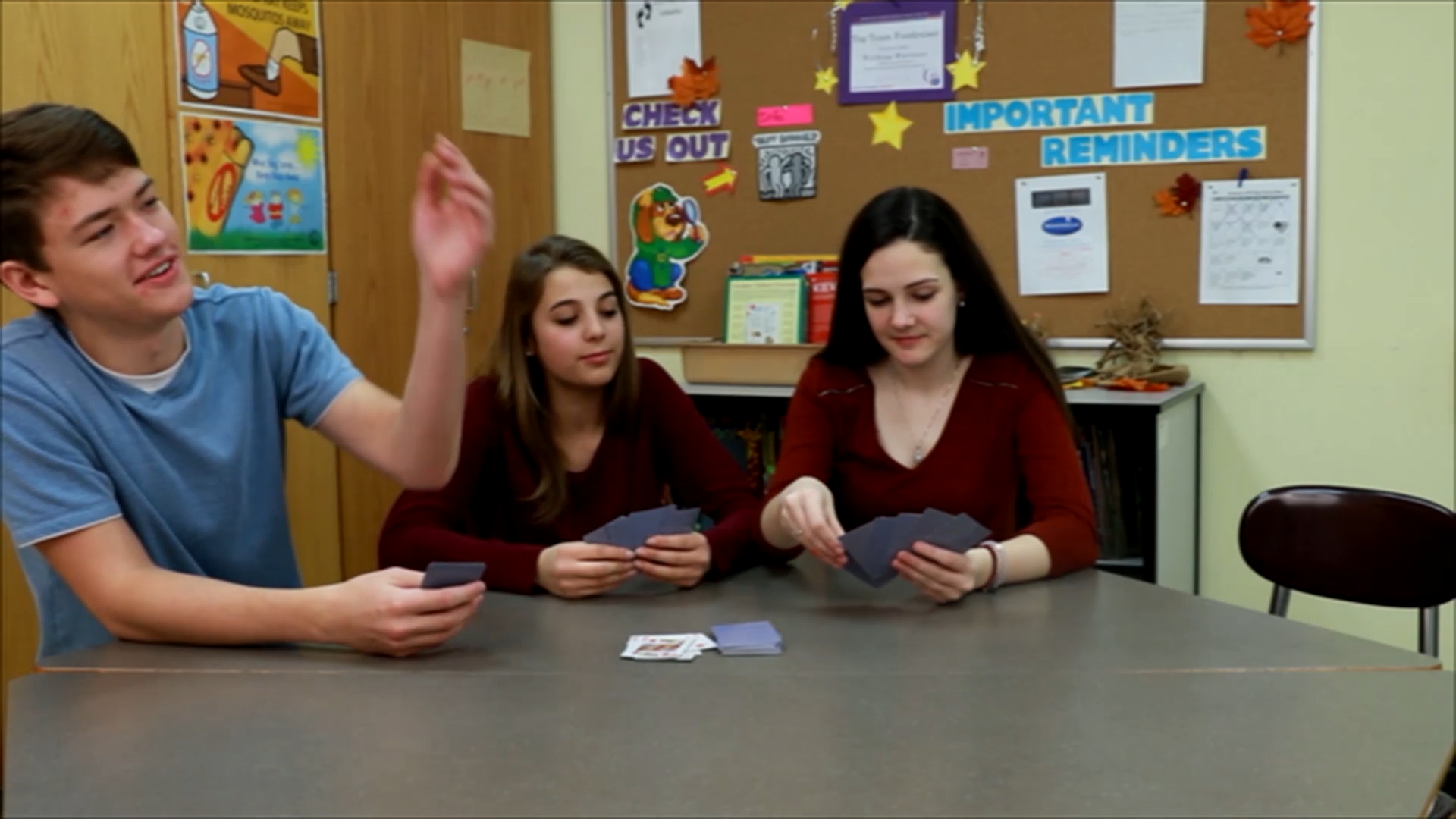As educators, we strive to create a welcoming and inclusive environment for our students. This is especially important for Kindergarten students who are just beginning their educational journey. By teaching them the importance of inclusion and how to include others, we can help them develop essential social-emotional learning skills that will benefit them throughout their lives. In this blog post, we will discuss an easy, no-prep activity for teaching inclusion, followed by discussion questions and related skills.
Introduction
Inclusion is a crucial aspect of social-emotional learning, as it fosters empathy, respect, and cooperation among students. When children learn to include others, they become more aware of the feelings and needs of their peers. This awareness leads to the development of positive relationships, a sense of belonging, and a supportive learning environment. In this blog post, we will explore an engaging no-prep activity to teach Kindergarteners the importance of inclusion, as well as some discussion questions and related skills to further their understanding.
No-Prep Activity: The Inclusion Circle
This activity requires no materials or preparation, making it a perfect choice for busy educators. Here are the steps to implement the Inclusion Circle:
- Ask the students to form a circle, standing or sitting, with enough space for everyone.
- Explain that in this activity, they will practice including others in a fun and engaging way.
- Choose one student to start by saying their name and a favorite activity, such as “My name is Jake, and I like playing cards.”
- The next student in the circle repeats the previous statement and adds their own name and favorite activity, like “Jake likes playing cards, my name is Kate, and I like drawing.”
- Continue around the circle, with each student repeating the names and activities of the previous students and adding their own.
- If a student forgets a name or activity, encourage their classmates to gently remind them, emphasizing the importance of support and inclusion.
Once the activity is complete, discuss the experience with the students, focusing on how they felt when they were included and the importance of including others.
Discussion Questions
After completing the Inclusion Circle activity, use these discussion questions to further explore the concept of inclusion and its importance:
- How did it feel when your classmates remembered your name and favorite activity? How do you think it feels when we include others in our activities?
- Can you think of a time when someone included you when you were feeling left out? How did that make you feel?
- Why is it important to include everyone in our activities and games? How can we make sure we are always including others?
- How can including others help us make new friends and build stronger relationships?
Related Skills
In addition to inclusion, there are several other social-emotional learning skills that can be taught alongside this concept. Here are a few related skills that can help Kindergarteners develop a well-rounded understanding of social interactions:
- Empathy: Understanding and sharing the feelings of others, which can be practiced through role-playing activities and discussions about emotions.
- Active Listening: Paying close attention to what others are saying, which can be taught through games and activities that require students to listen and respond to their classmates.
- Cooperation: Working together towards a common goal, which can be practiced through group projects and team-building activities.
Next Steps
Now that you have learned about the importance of teaching inclusion to Kindergarten students, it’s time to put this knowledge into practice. To help you get started, we invite you to sign up for free samples of skill-building activities and resources from Everyday Speech. These materials will provide you with additional tools and support to create an inclusive and nurturing learning environment for your students.






